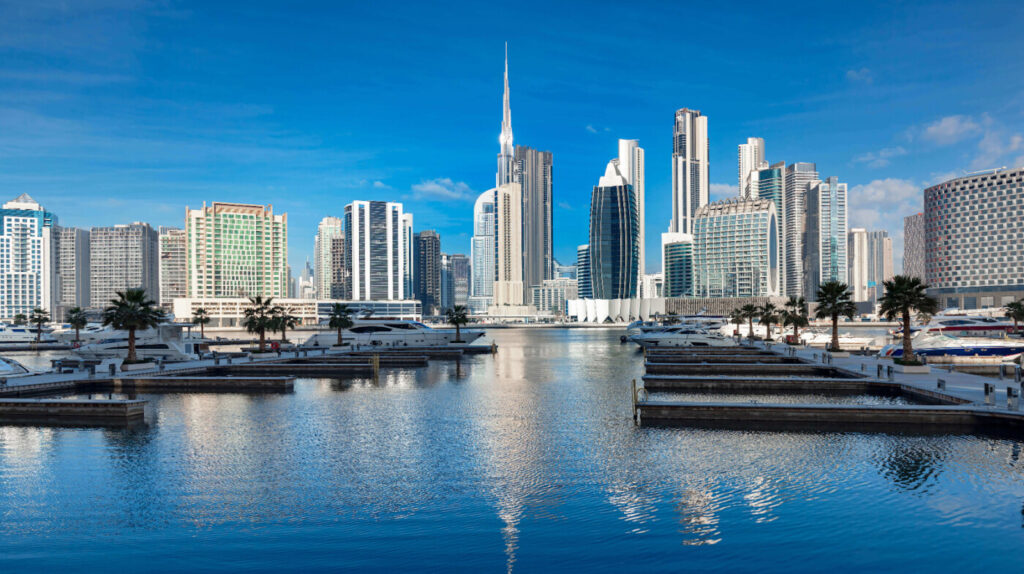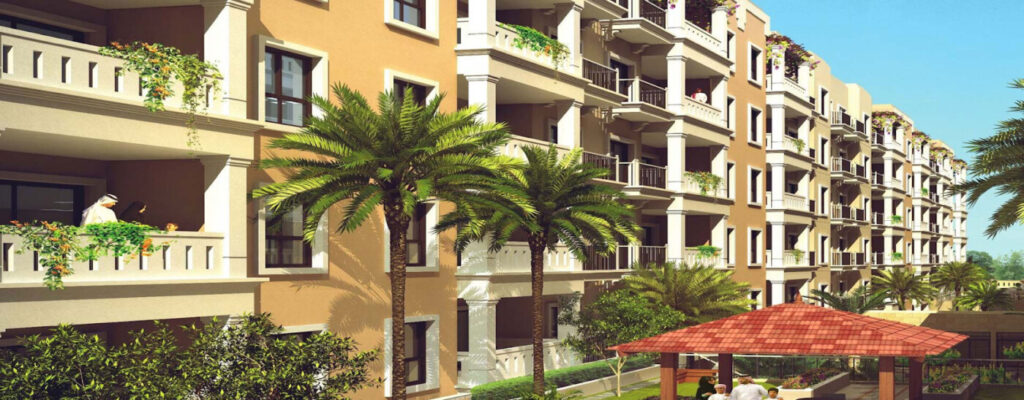
In the fiscal year 2022-2023, Dubai witnessed an unprecedented surge in its real estate market, with a staggering 80% increase in property transactions compared to the previous year. The total sales volume surpassed an impressive $57 billion.
Traditionally associated with luxury and affluence, Dubai has experienced unparalleled growth in its real estate sector. Notably, 2022 saw a remarkable 62% surge in real estate transactions compared to 2021.
The proactive economic and political decisions by UAE authorities have played a pivotal role in shaping the market dynamics. Today, Dubai’s prosperity hinges not only on petrodollars but also on thriving service industries, tourism, and the real estate sector. The country’s appeal to ambitious individuals worldwide extends beyond financial gains to encompass a high quality of life and valuable connections.
Foreign Ownership Opportunities: Foreigners have the liberty to acquire houses, villas, apartments, and other properties as undivided ownership, further enhancing Dubai’s allure as a global investment hub.
READ: Serviced Offices in the UAE: Almost Empty Market
Economic and Security Advantages: Dubai’s status as one of the top ten countries with elevated levels of economic development and security serves as a decisive factor for many prospective investors.
Livability in Dubai: Dubai is an excellent choice for living, boasting top-notch kindergartens, schools, quality healthcare, and an exceptionally low crime rate.
The real estate market in Dubai offers properties for various purposes, with prices beginning at $150,000.

Premium villas under construction can be acquired for $1 million or more, and properties on the renowned Palm Jumeirah island command prices starting at $6 million.
Remarkably, luxury real estate in Dubai is attractively priced, being 20-80% lower than the global average. For instance, $1 million in Dubai fetches 105 square meters, whereas in cities like New York or London, it would only secure 33 square meters.
To optimize savings or secure future returns, early investment is key. Joining a project in its foundational stage can be a strategic move for prospective investors eyeing promising developments in Dubai’s ever-expanding real estate landscape.
If the sun-soaked shores of the Persian Gulf are not yet calling you to relocate, consider investing in apartments for rental purposes. This avenue can yield a steady return ranging from 7% to 12% annually, offering a reliable source of income.

Early Investment Advantage: Investing in a property under construction allows for the sale of an unfinished apartment by covering only 30-40% of its total cost, depending on the developer’s terms. Upon resale, a substantial return of 20% to 40% of the invested capital is attainable, particularly when identifying appealing projects in the vibrant Dubai real estate market.
READ: Luxury Real Estate in New York: The Wealthy Take Their Time to Seal the Deal
Risk Mitigation: Notably, funds invested in such projects remain safeguarded against unforeseen circumstances. During the construction phase, buyers’ funds are held in escrow accounts, and developers cover all expenses related to purchases and construction. The stringent laws in the Emirates, coupled with imposing fines for project delays, provide an additional layer of protection.
Tax-Free Real Estate Transactions: Dubai stands out for its absence of taxes on real estate transactions, eliminating common obstacles encountered by entrepreneurs in other markets.
READ: Sea Next to Your House: 5 Tips to Choose the Right Property in Dubai
Remote Transactions: The convenience of remote transactions adds to the appeal of Dubai’s real estate market. There’s no need to physically visit the UAE, as transactions can be seamlessly executed from afar.
Dubai’s real estate market uniquely blends the dynamism of rapid development with the assurance of an established system. The combination of flexible opportunities and robust legal frameworks makes it an attractive prospect for investors seeking both growth potential and security in their investments.